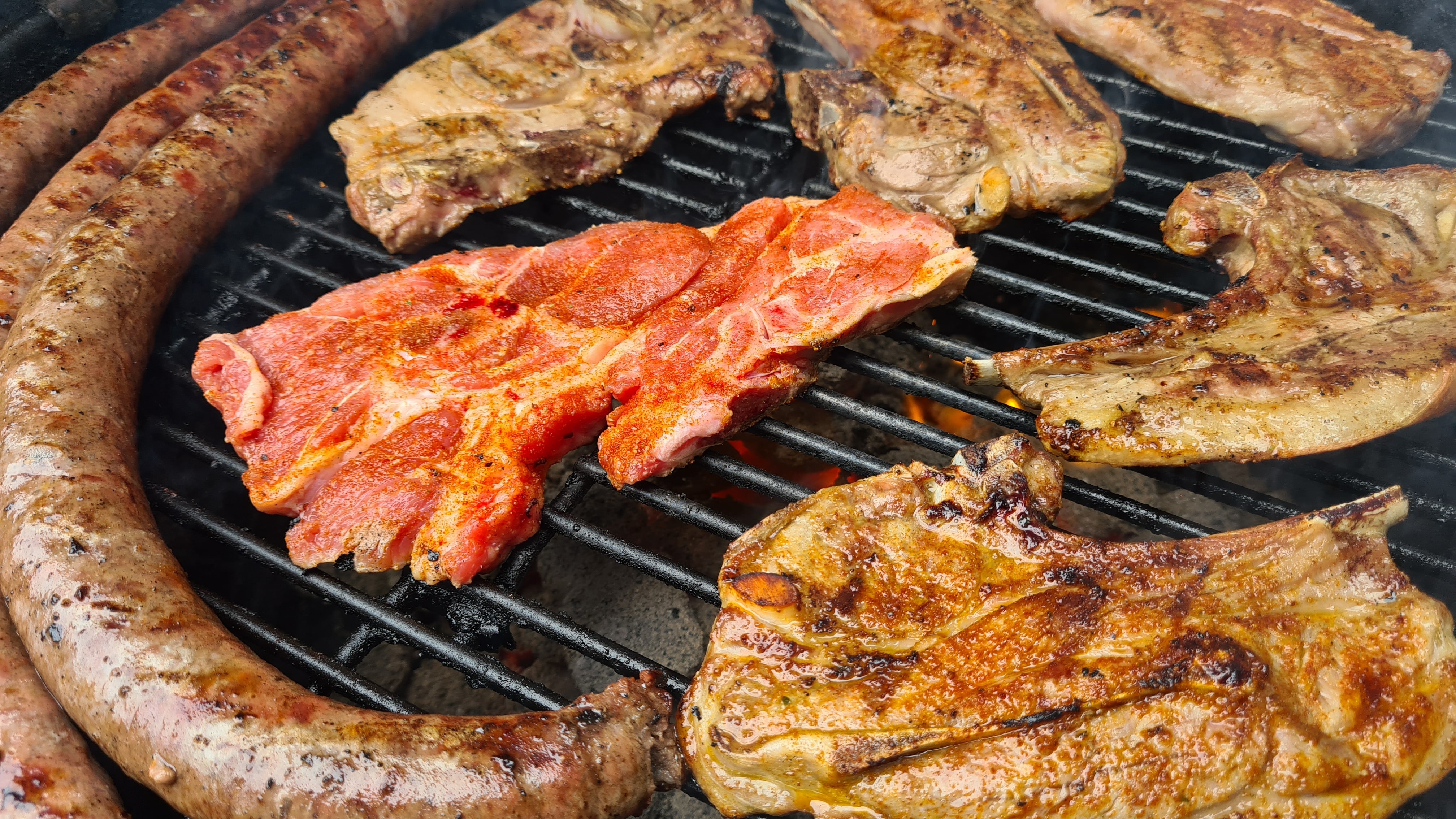Fasting for Health

Fasting can be defined as voluntary abstinence from eating and drinking for varying lengths of time. Despite the recent surge of popularity of practices such as intermittent fasting and OMAD (one meal a day), fasting is a practice that has dated back for many centuries for religious and cultural reasons. This is the month of Ramadhan where Muslim all over the world advocate themselves to fast for the entire month from dawn to sunset which involves abstinence from both eating and drinking
Fasting has an array of health benefits from assisting in weight loss to better digestion and brain function. Fasting has been shown to improve insulin resistance and promotes better control of blood sugar. Fasting also helps to improve blood pressure and lipid profile such as reducing the level of bad cholesterols such as LDL and triglyceride. Fasting allows your body to take a 'break' from continuous state of digesting foods. It helps to heal the gut and improving the level of good microbiome. Studies also shown fasting can help to improve cognitive function, reduce inflammation, delay ageing and improve longevity
With all the many benefits of fasting, its no suprise that many will take advantage of Ramadhan to kickstart their lifestyle changes in losing weight, eating a balanced diet and ditching bad habits such as smoking. Certain groups are exempted from fasting such as elderly, having acute medical illness, being pregnant, breastfeeding, menstruating and long haul traveller.
These are several medical treatment that can invalidate your fast:
- taking oral medications such as tablet or syrup
- using respiratory inhalers
- using medication such as enema or suppositories, insertion of finger into the anus or proctoscope or speculum during vaginal examination
- insertion of cathether tube or endoscope in the urinary tract or the stomach or colon
- intravenous fluid for hydration or medication
Medical considerations for special group of patients are:
- Diabetes patient on medications will need to consult their physician for adjustment of diabetes medications during fasting month. Medication with three times a day dosing will need to be adjusted to twice daily regimen to be taken during iftar and sahoor. Your doctor may also reduced the insulin dose or omit certain medications that can cause rapid decrease in blood sugar level with fasting. Hypoglycaemia is a dangerious and potentially life-threatening complication of fasting without proper supervision. Patient need to understand and be aware of warning symptoms of hypoglycaemia such as hunger, shivering, cold sweats, fainting and change in mental status. Check your blood sugar level regularly when fasting. If the fasting blood sugar is low (< 4 mmol/L) even without symptoms, break your fast immediately
- Gastric problems such as dyspepsia, gastritis and gastroesophageal reflux (GERD) can get worse during fasting due to increase acidity in the stomach. Avoid overeating, chew your foods slowly and avoid lying flat 30 minutes after meal. During iftar and sahoor, avoid foods that are spicy, oily, acidic foods and drinks (such as processed foods, cheese, lemon/orange juice, caffeinated and carbonated drinks). You can take your gastric medication or antacid during iftar or sahoor to help ease your symptoms. However if the pain is unbearable, you are encourage not to fast
- Gout attack can also flare up or prolonged when fasting. This is due to dehydration causing rapid changes in uric acid level in the blood. Be sure to drink a lot of water to help your body excrete the uric acid. Avoid foods that has high purine level such as red meats, internal organs, seafood and sugary foods and drinks
- Patient with well-controlled hypertension on medication can take their medication during iftaar or sahoor. However, blood pressure medication of diuretic class can cause dehydration especially during hot days. Discuss with your physician whether you can safely take your blood pressure medication during fasting
Here are several general tips to keep you healthy when fasting during Ramadhan month:
- Maintain adequate fluid intake by by drinking ample amount of fluids between iftar and suhoor. Aim to drink about 2L of water a day. Choose plain water instead of sweet or caffeinated or carbonated drinks
- Maintain a well-balanced, healthy diet that are rich in fibers and low in salt, oil and glycemic index. Stick to healthy meal plate using 'suku suku separuh' concept
- Avoid breaking fast with sweet foods and drinks. Instead eat 1 to 3 medium-sized dates or small bowl of fruits
- Avoid excessive sleeping during Ramadhan. Instead tried to incorporate light exercises such as walking for 30 minutes before iftar time or after iftar
- Avoid skipping meals during sahoor as to avoid low blood sugar during fasting. Avoid delaying iftar
- Avoid buying foods excessively during Ramadhan to prevent from overeating and wastage
- If you are high risk patients, discussed with your doctor first before starting your fast. Be watchful for symptoms of dehydration and low blood sugar (hypoglycaemia)
Having a balanced and nutritious meal is not only important to nourish your body and give you energy during fasting but also prevent from rapid weight gain after Ramadan. While the purpose of fasting during Ramadhan is spiritual, it can also be a good opportunity for you to embark on your healthy lifestyle journey. If you have any questions regarding fasting and health, visit our clinic today for more information



